
Invitation for proposals
The Engineering and Physical Sciences Research Council (EPSRC) has up to £1.5 million available through the Engineering Theme to provide bespoke support to EPSRC researchers in our community to undertake public engagement activities in order to inspire, and interact with the public as well as attract them to Engineering and Physical Sciences.
£1.5m is available to support up to 10 Champions through this call. Applicants must have been named on an EPSRC grant within the last 5 years. Applications are invited from all career stages.
It is expected that applicants will be active researchers in engineering and physical sciences, however this funding is to support public engagement activities to sit alongside core research. These activities could include, but are not limited to, engagement with individuals of particular protected characteristics who may be underrepresented in engineering, education sector stakeholders or government representatives.
Through this call resources can be requested to cover staff time, overheads, and consumables associated with public engagement and wider outreach activities. Applicants can apply for between 0.2 to 0.5 FTE for up to 24-36 months.
Applicants will be expected to evaluate the impact of their activities and include a one page summary of their approach to evaluation in the proposal document.
Funding for technical research is not available in this call, please refer to standard routes for this funding.
EPSRC will work in partnership to deliver specific training and networking opportunities for applicants funded through this call.
Resources
Funding Available
This call is the first stage to fund a £20 million Research and Innovation Centre as part of the Industrial Strategy Challenge Fund (ISCF) Industrial Decarbonisation Challenge. This call will provide £100,000 of funding for one successful Industrial Decarbonisation Champion six month grant followed by one £19.9 million Research and Innovation Centre which will be funded until 31 March 2024.
How to apply
This is the first of a two stage application process. Applicants must submit an initial proposal by 22 October 2019 via Je-S with the successful candidate being invited to develop a full proposal and submit via Je-S by 06 July 2020. Only the successful applicant will be invited to submit to the second stage as Principal Investigator. Other applicants may be part of the second stage as Co-Investigators.
Stage 1
ISCF Industrial Decarbonisation Research and Innovation Centre – Champion call – Aimed at identifying a Champion for Industrial Decarbonisation and building a multidisciplinary consortium with six months of funding.
Stage 2
ISCF Industrial Decarbonisation Research and Innovation Centre call – Invited stage for a full proposal for a virtual multidisciplinary research Centre. Its remit will include carrying out multidisciplinary research and cross-cutting activities such as carbon capture and storage, hydrogen, gasification, policy, economic, institutional and regulatory analysis, and knowledge exchange.
Funding for the Industrial Decarbonisation Champion and the Industrial Decarbonisation Research and Innovation Centre will be provided through the ISCF. Therefore, there are additional grant conditions and expectations as part of the funding which are fully detailed in the call document. The Champion will be accountable to the Industrial Decarbonisation Challenge Director who is responsible for the overall delivery of this ISCF Challenge.
Resources
Please contact Adam Morris (Engagement Officer) if you would like advice on submitting your application.
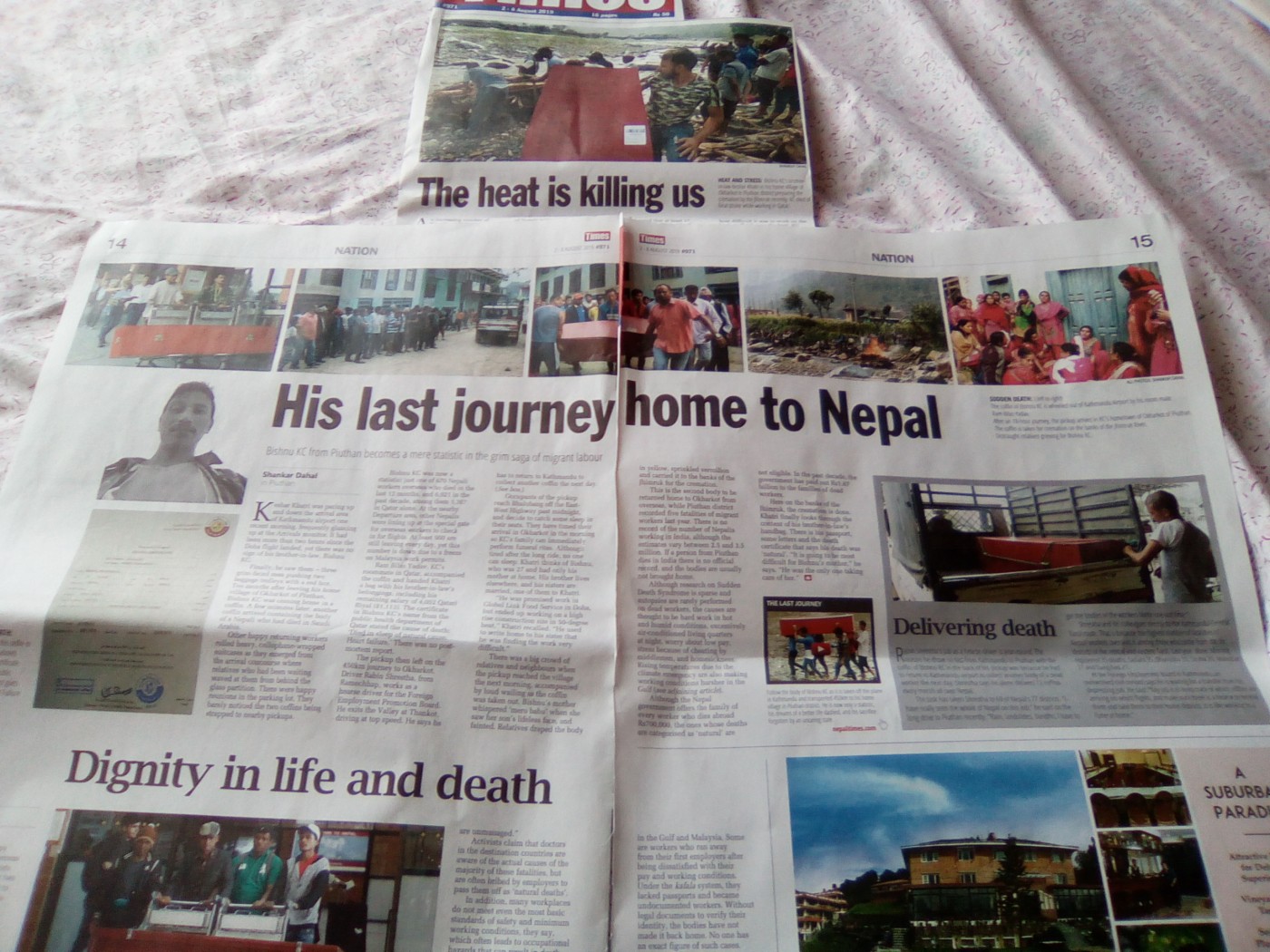

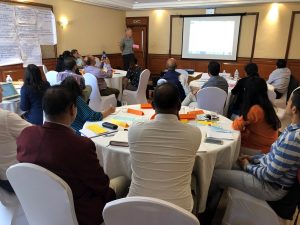
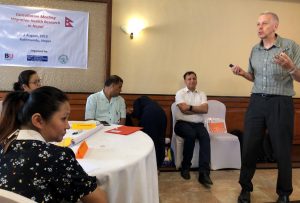
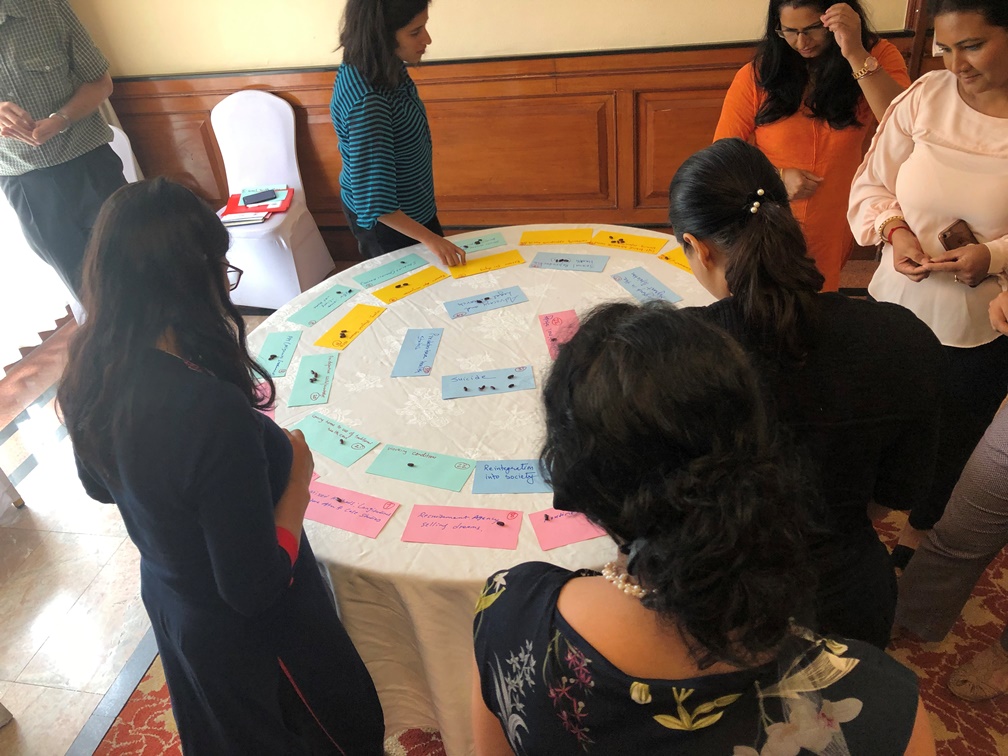
 NERC introduced
NERC introduced 


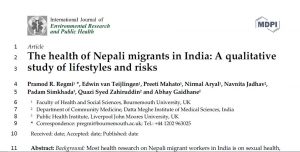

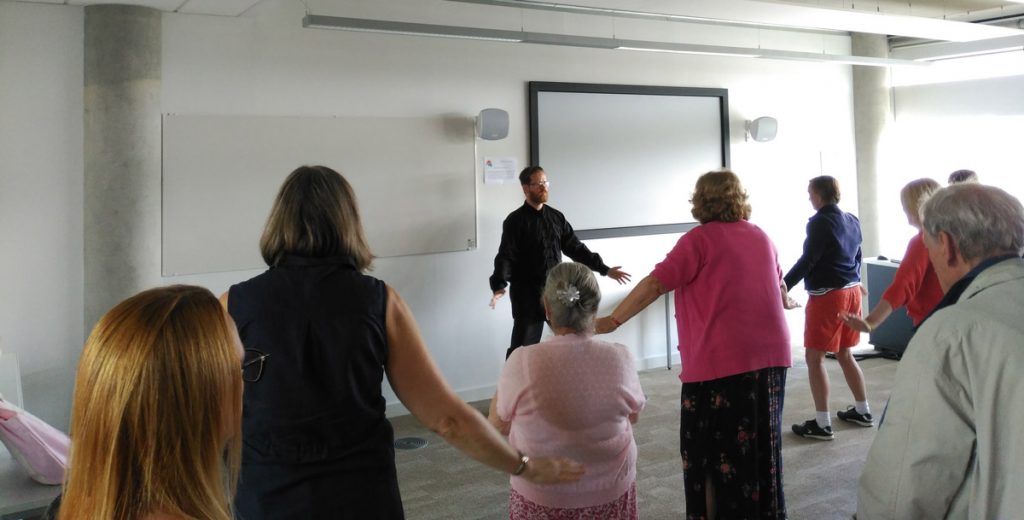


 Writing the impact section in a grant application can be challenging but a strong impact summary and description of the impact pathway/s can make all the difference between getting your research funded or not.
Writing the impact section in a grant application can be challenging but a strong impact summary and description of the impact pathway/s can make all the difference between getting your research funded or not.











 REF Code of Practice consultation is open!
REF Code of Practice consultation is open! BU Leads AI-Driven Work Package in EU Horizon SUSHEAS Project
BU Leads AI-Driven Work Package in EU Horizon SUSHEAS Project Evidence Synthesis Centre open at Kathmandu University
Evidence Synthesis Centre open at Kathmandu University Expand Your Impact: Collaboration and Networking Workshops for Researchers
Expand Your Impact: Collaboration and Networking Workshops for Researchers ECR Funding Open Call: Research Culture & Community Grant – Apply now
ECR Funding Open Call: Research Culture & Community Grant – Apply now ECR Funding Open Call: Research Culture & Community Grant – Application Deadline Friday 12 December
ECR Funding Open Call: Research Culture & Community Grant – Application Deadline Friday 12 December MSCA Postdoctoral Fellowships 2025 Call
MSCA Postdoctoral Fellowships 2025 Call ERC Advanced Grant 2025 Webinar
ERC Advanced Grant 2025 Webinar Update on UKRO services
Update on UKRO services European research project exploring use of ‘virtual twins’ to better manage metabolic associated fatty liver disease
European research project exploring use of ‘virtual twins’ to better manage metabolic associated fatty liver disease